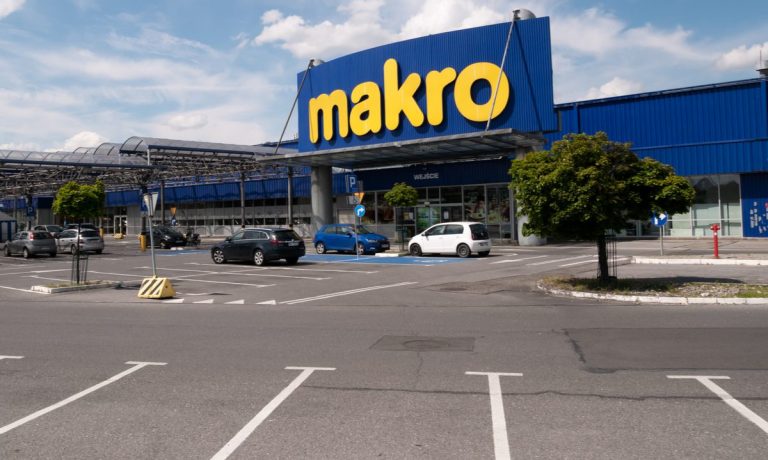Bankruptcies, Buyouts Point to Belgian Retail Sector Pitfalls

Recent bankruptcies and buyouts have highlighted key challenges in the struggling Belgian retail market.
This month, news broke that the cash-and-carry retail chain Makro has officially been declared bankrupt by a court in Antwerp, after the newspaper De Tijd first reported on the extent of Makro Belgium’s financial troubles in September.
Before the final death knoll was rung, the Dutch parent company managed to successfully offload Makro’s sibling brand Metro, which has been acquired by its competitor Sligro. But for employees of the six Makro branches in Belgium, no buyer could be found and closure now looks like the most likely option.
Makro is not the only embattled retailer in the country. Since the Dutch supermarket chain Jumbo first expanded into Belgium in 2019, the company’s owners have had to plow a combined €45 million ($48.4 million) into the heavily losing operation to keep it afloat.
The first aid package came in the form of a €25 million cash injection in November 2021, and just last month, it was reported that another €20 million has been pumped into the firm.
With the company’s Belgian business currently hemorrhaging money, it’s safe to say that Jumbo’s expansion hasn’t exactly gone to plan.
In an interview with De Tijd, the firm’s one-time CEO, Frits van Eerd, said that it would take at least 100 stores for Jumbo’s Belgian gamble to pay off. Yet to date, just 27 have seen the light of day. At its current rate, it may still be a number of years before Jumbo has a viable Belgian retail operation and more checks may still need to be written to keep it afloat.
Reflecting on the difficult reality of slow Belgium growth, van Eerd’s replacement and interim CEO, Ton van Veen, who took over when van Eerd was forced to step down following fraud investigations, recently said that the company has had to readjust its growth ambitions and no longer sees the 100-store target as a “sacred goal” to be attained by 2024.
Not All Bad News for Belgian Retail
Despite industry-wide challenges, not all retailers are in the same boat. According to Retail Detail, one of Belgium’s most established supermarket brands, Delhaize, recently saw its online orders in the six weeks to Christmas increase by 25% compared to the same period in 2021.
In fact, the firm is reported to have processed more than 1 million products ordered online in a single week. And across its retail portfolio, parent company Ahold Delhaize has witnessed shoppers flock to its eCommerce platforms in recent times.
Meanwhile, French retailer Intermarché has also made its foray into the Belgian market after the Belgian competition authority approved its acquisition of local supermarket chain Groupe Mestdagh. The stores, previously under contract as a Carrefour franchise, reopened as “Intermarché by Mestdagh” this month.
On the downside, supply chain issues relating to strikes at one of its distribution centers in Belgium and overall weak performance in the country in the first quarter of the year affected Carrefour’s group-wide revenues, dragging its European profit down by 13%.
But although the Carrefour brand will be less visible now following the acquisition of Mestdagh’s stores, the French retailer remains a major force in the Belgian retail market, boasting over 700 hypermarkets, supermarkets and convenience stores across the country.
For all PYMNTS EMEA coverage, subscribe to the daily EMEA Newsletter.